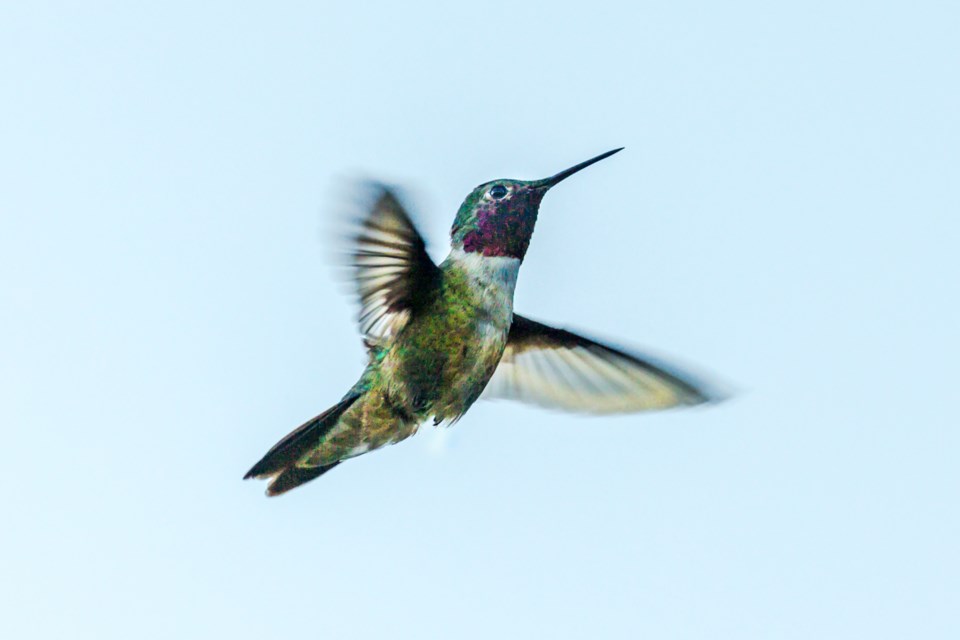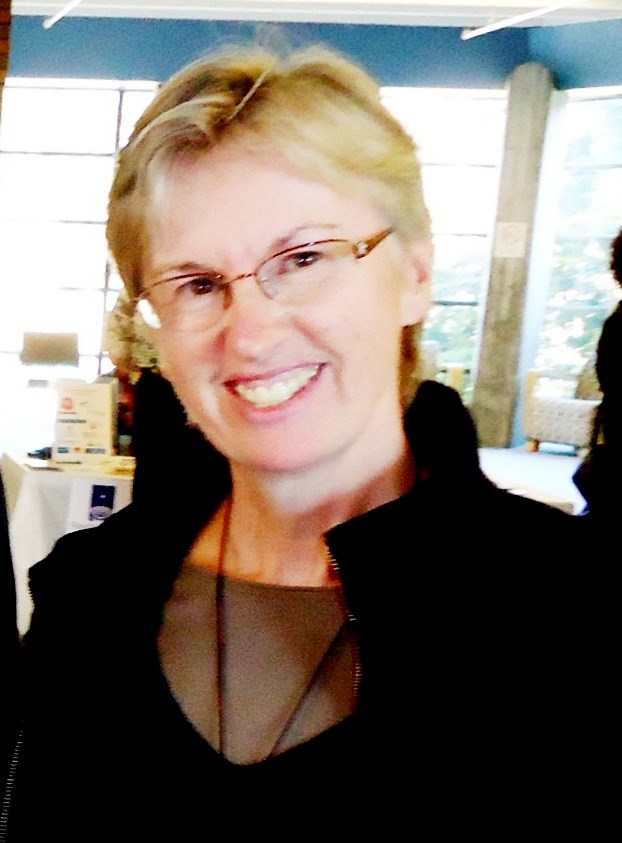 We’re almost 19 years into this awkwardly beautiful, frighteningly vulnerable 21st century. The world’s pulse right now is racing. If this young century were a human being, he or she would soon or already have the right to drink, to smoke, to enter into legal contracts, to be beyond the authority of any parent or legal guardian. We’d be understandably concerned about the right decisions being made.
We’re almost 19 years into this awkwardly beautiful, frighteningly vulnerable 21st century. The world’s pulse right now is racing. If this young century were a human being, he or she would soon or already have the right to drink, to smoke, to enter into legal contracts, to be beyond the authority of any parent or legal guardian. We’d be understandably concerned about the right decisions being made.
While we’re on metaphors and microcosms, imagine that the entire history of humanity has been compressed into that timespan of 18 or 19 years. The present age is unique. According to Bahá’í philosophy, we’re at the threshold of maturity as a species, the age of planetary civilization, a time of unity in diversity, of material and social interconnectedness.
The prerequisite for success is that we also manage to achieve spiritual interconnectedness by recognizing our oneness. To that end, the Bahá’í writings ask all of us to act as protagonists in creating a just and unified world, “to endow the body of this world with a living soul, and to bring this young child, humanity, to the stage of adulthood.”
When my own kids were in their late teens, someone gave me excellent advice: to have confidence in them. It felt like being asked to have confidence in walking a tightrope – blindfolded!
Right now, although no one is asking, I’d like to say, “Have confidence!” We at least need enough sangfroid to envision our goals and make our way in that general direction, putting one foot in front of the other. Our anxiety may be justified but it’s corrosive, distracting us from the work that needs to be done.
Shoghi Effendi, the great-grandson of the founder of the Bahá’í Faith, spoke many years ago of the forces shaping our world. Born in 1897 in Akka (Israel) and educated at Oxford, he clearly saw the “forces of disintegration” that, if unchecked, would “continue to eat into the vitals of a despairing society.” Even more importantly, he wrote of the concurrent forces of integration, and the “gradual diffusion of the spirit of world solidarity which is spontaneously arising out of the welter of a disorganized society”.
Shoghi Effendi lived long enough to see the structure and fabric of our international systems being created, which would later lead to enormous gains in the areas of the environment, public health, human rights, universal education, interfaith activities, and social action at local, national and international levels, as the 21st century arrived. ��
In recent years, several prominent authors and speakers have highlighted the progress that we have all but missed in our compulsive focus on the day’s newsfeed. Googling , , or ��will net more than enough reason for hope.
The enormous progress made to date has been through collaboration and solidarity linked to our increasing sense of humanity’s oneness. Political typhoons notwithstanding, those integrating forces are stronger than we think. We can and should have confidence in them.
A great deal of digital ink has been spilt warning us of the very real catastrophes awaiting us if we fail to make the right decisions. Most are sincere; some have a financial interest in holding our attention through dire news and fearsome predictions.
It’s critical to also use the power of language to call for the qualities we want to see, as opposed to the ones we don’t want to see, as the Virtues Project reminds us. Let’s focus on creating a balanced world that’s non-violent, sustainable, meritocratic, just, orderly, creative, respectful, child-friendly, entrepreneur-friendly, inclusive. Some assembly required.
 Sheila Flood is a member of the Bahá’í Faith (), a chaplain with UVic Multifaith Services and the Secretary of the Victoria Multifaith Society.
Sheila Flood is a member of the Bahá’í Faith (), a chaplain with UVic Multifaith Services and the Secretary of the Victoria Multifaith Society.
You can read more articles on our interfaith blog, Spiritually Speaking,
*This article was published in the pront edition of the sa���ʴ�ý on Saturday, November 3rd 2018.
Photo of hummingbird is by�����Dz���
��
��


